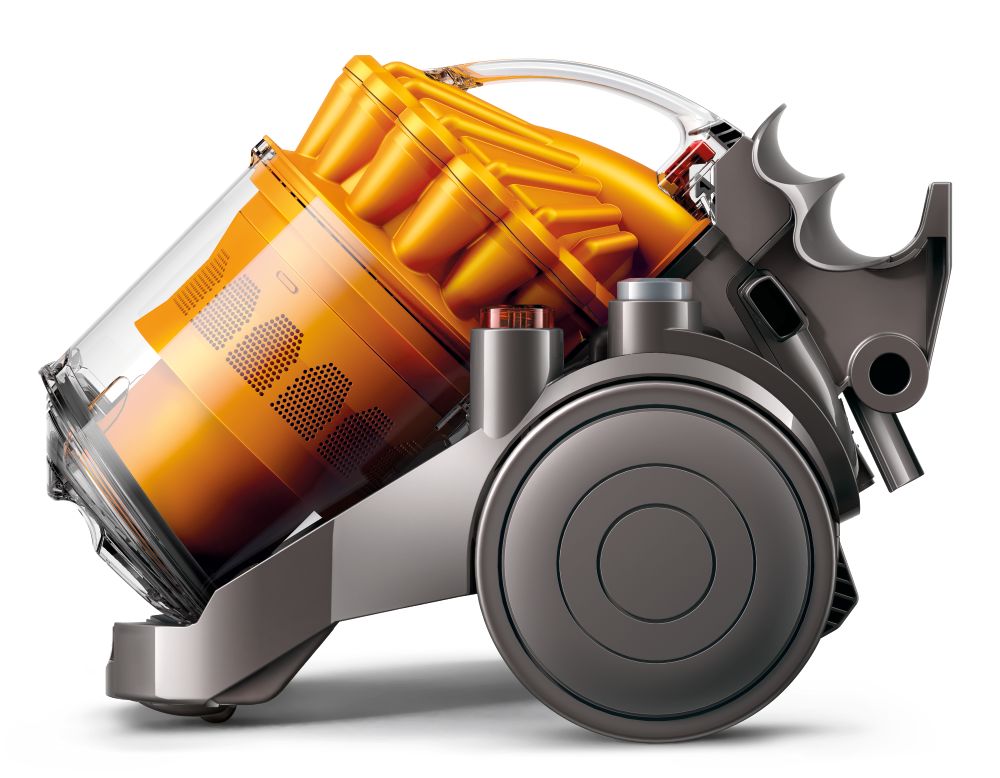Dyson and the Nature of Competition
Dyson, the UK-based electrical appliance and technology company, today announced that they are cancelling their electric car project. In a letter published on the company website, they write:
The Dyson Automotive team have developed a fantastic car; they have been ingenious in their approach while remaining faithful to our philosophies. However, though we have tried very hard throughout the development process, we simply cannot make it commercially viable. We have been through a serious process to find a buyer for the project which has, unfortunately, been unsuccessful so far. I wanted you to hear directly from me that the Dyson Board has therefore taken the very difficult decision to propose the closure of our automotive project.
This is unfortunate and brings to mind Apple also deciding to discontinue, or indefinitely delay, their electric vehicle project. In both cases I was very much looking forward to seeing what new thinking these companies would bring to the automotive space.
I’ve been thinking about the nature of competition quite a bit lately, especially in transportation, and especially against powerful, long established players. Reading Edward Niedermeyer’s excellent book Ludicrous will tend to do that.
A simple view of competition, one you might consider in high school economics, is doing something better than your competitor. Better, in this case, might mean being more efficient so you can charge less or having better design, or technology, or quality, enabling you to charge more. But that is a huge, huge hill to climb when you’re a small company up against a huge, established competitor.
A different approach to competition is to play a different game than your competitor. Ferrari, as an example, is absolutely not playing the same game as General Motors even though they’re both notionally in the automotive space. Absolutely nobody is cross shopping a Ferrari GTC4 Lusso against a Chevrolet Equinox. Ferrari thrives because they are satisfied sticking with what they’re good at, offering something unique that has relatively little competition, and not trying to go after the giants. The iPhone was also a “different game” product, as are the rental electric scooters now common in major cities. Doing something different isn’t a guarantee of success obviously, just ask the folks who used work for Rotary Rocket, but we might consider it a necessary but insufficient component of startup success against established players.
You might describe Tesla’s different game as: practical electrical vehicle with so much performance that you will want to drive it instead of a gasoline car and, more or less, hang the expense. This might seem obvious now but prior to Tesla the general consensus was that you’d drive an EV to save money on gas, which meant the cars had to be cheap and awful, and even that didn’t work because even a cheap EV is expensive and gas is very cheap. Regardless of what you might think about Tesla the company, pretty much everybody agrees that the Model S is practical and a great car to drive. And at $100,000 or so it was just cheap enough to be in the high end of the volume market.
But that ship has now sailed. Tesla may or may not be viable in the long run but at this point simply building a practical, good to drive EV isn’t enough. The big boys are playing now and there’s no way a startup is survive going up against that. Do you really think any startup can out-do Volkswagen for R&D and production efficiency? Of course not.
So, what’s the “different game” for electric vehicles now? Good question. Byton would probably argue for having your vehicle much more deeply integrated into your life, especially your digitally connected life. That seems like a potentially viable play to me, although we’ll have to see if it works. Lucid appears to be aiming at what you might call the modern luxury segment combining high comfort and high performance, something like if Bentley built EVs with a Scandinavian modern design sense. Thinking further afield I can envision viable companies doing mobility electric vehicles (scooters, bikes, quadricycles, and so on) or a modern version of low-volume coachbuilding on mass production EV platforms. Of course the big money is likely something I’ve never even considered.
Media reports suggest that Dyson focused on technology development, especially solid state batteries. Their open letter continues:
Dyson will continue its £2.5bn investment program into new technology and grow our wonderful new University. We will continue to expand at Malmesbury, Hullavington, Singapore and other global locations. We will also concentrate on the formidable task of manufacturing solid state batteries and other fundamental technologies which we have identified: sensing technologies, vision systems, robotics, machine learning, and AI offer us significant opportunities which we must grab with both hands. Our battery will benefit Dyson in a profound way and take us in exciting new directions. In summary, our investment appetite is undiminished and we will continue to deepen our roots in both the UK and Singapore.
It’s hard to say without insider knowledge but it sounds like they were planning on building a relatively conventional car with some advanced technology. The window of opportunity when that would make for a viable new entry into the automotive market may have passed. Regardless, I think we can praise Dyson’s management team for making the difficult decision to change direction when they saw that their existing plan wasn’t going to work.


